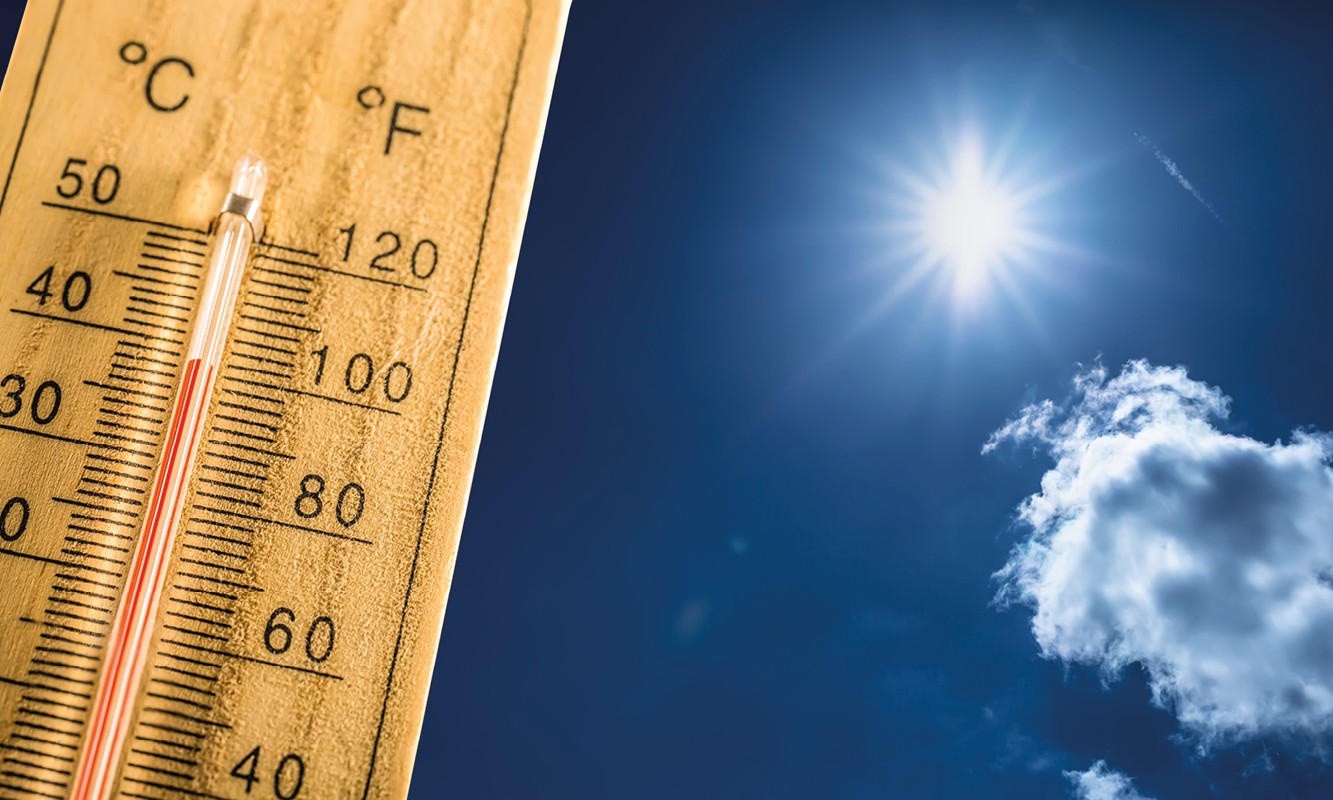Access to Justice is a concept that means many things to many people. The Law Council said:
Despite the different approaches and definitions of the concept which have been reached over time, the concept is most clearly articulated as concerning the link between a person’s formal right to seek justice and the person’s effective access to the legal system or legal remedies. The ‘effective access’ enjoyed by individuals necessarily depends on a range of factors, including geographic location, economic capacity, health, education, cultural and linguistic variations, formal and informal discrimination and other variable factors … Realising or guaranteeing access to justice means fair and equitable access to legal assistance, as well as access to both formal and informal justice mechanisms without economic, geographic, social, cultural, linguistic or other barriers.1
Have you ever sat in Court focussed on one matter, but then thought about the many clients and very many worthy cases that don’t even make it to Court at all? I know I have. Sometimes I consider cases concerning people subject to outrageous racial discrimination or harassment or unjust debt claims brought to my attention by colleagues at other community legal centres. But equally often, as an environmental lawyer, I think seriously about cases of unrehabilitated mine sites leaching contamination onto public lands, unlawfully cleared bushland destroying habitat of endangered species or dangerous greenhouse gas emissions harming our Great Barrier Reef and contributing to unprecedented catastrophic bushfires.
The major barriers I find to Court action on those environmental matters are flaws in the substantive legal rules themselves that fail to protect our environment itself, lack of sufficient legal assistance for clients to take litigation, and failure of government agencies to enforce the laws against industry. The question is how do we overcome those barriers and achieve access to justice so today’s clients, but also future generations, can enjoy a safe climate and healthy communities? It’s a life and death question. The serious impacts of climate change will hit hardest upon disadvantaged members of our community without the resources to be resilient. Yet not even one of our friends or their families will be immune from the terrible impacts of climate change, from sea level rise, coral bleaching and extreme temperature rises.
Therefore, in the interests of justice, of intergenerational equity, one urgent substantive reform needed is for Queensland to implement a Climate Change Act 2020. That Act needs to embed in its provisions an effective science-based emission reduction target and sector-specific emission mitigation and reduction plans. That Act needs to prohibit new or expanded fossil fuel projects as science shows new projects are inconsistent with achieving necessary emission reduction goals. To overcome the timidity of government, the Act needs to create an independent Climate Change Commission to provide independent advice to government and to oversee urgent climate change mitigation and adaption. Such an Act would be a powerful and necessary driver towards access to justice.
Given the urgency to address climate change, I applaud the Queensland Law Society for responding to the Law Council of Australia in February 2020 and supporting development of a policy position on climate change. QLS supports good laws and the public good, so it’s timely, nay, urgent that the Queensland Legal Profession supports substantive, effective legislative reforms for a safe climate. QLS takes a valuable role in its public policy work, lodging numerous considered submissions on law and policy. QLS speaks up for adherence to human rights principles and laws, and for recognition and respect of First Nations peoples. QLS is also interested in your views on Access to Justice.
The current Access to Justice Survey is an initiative of the QLS Access to Justice Committee and a vital part of QLS’s work that I encourage you to participate in. Your views are sought to rate the elements of Queensland’s Justice system that are doing well and where improvements are needed and what specific suggestions you would like to make. As well as rating the importance of identified issues 1-10, you could include suggestions of substantive reforms or suggestions of more general but terribly important issues like for example the need for public interest exemptions from Court Transcript fees. The results of the Survey are in recent years transparently summarised on the QLS website so you can see whether your fellow QLS members share your reform priorities and consider progress made.
Footnotes
1 Quoting Justice Sackville in Justice Report, Law Council of Australia, August 2018 p48.
Jo-Anne Bragg is an environmental lawyer and winner of QLS’s Agness McWhinney Award 2020 and QLS’s Access to Justice Award 2020.









Share this article